 Emily Rosenorn-Lanng Research Assistant
Emily Rosenorn-Lanng Research Assistant
 Rebecca Johnson Research Assistant
Rebecca Johnson Research Assistant
![FullSizeRender[1]](http://www.ncpqsw.com/wp-content/uploads/2015/01/FullSizeRender1-150x150.jpg) Sarah Wincewicz Research Admin Assistant
Sarah Wincewicz Research Admin Assistant
Financial scamming is costing the UK public approximately £3.5 billion each year. It is a problem which has developed in recent years and has hit the press because of the relationship with charity mugging, or ‘chugging’ (charities coercing people to give money). Although both scamming and ‘chugging’ result in the coercion of money from donors, they differ in approach, perception and legality. Having a charity connection gives ‘chuggers’ a sense of morality, which gives them a sense of legality, allowing them to tug on the heartstrings of consumers and persuade them, sometimes by intimidation, to part with money. Once a donation has been made, and details have been obtained, charities feel they have the right to regularly hound their donors for further contributions, and have recently been discovered to sell their details on to non-charitable organisations.
The Daily Mail’s investigation into the story of former Army Colonel, Mr Rae, highlights the relationship between scamming and ‘chugging’. Charities who acquired Mr Rae’s personal details sold them up to 200 times to other charities and list brokers who then passed them to scammers who deceived £4,000 from him.

To what extent is it a problem?
The following figures, specific to Mr Rae, demonstrate the relationship that ‘chugging’ has with scamming:

The alarming figures demonstrate the impact of this relationship and raise plenty of questions. How valuable is personal information to a charity? Why are charities selling personal information to non-charities? Where are the moral boundaries in this? What part do charities play in the scamming of vulnerable people?
What are we doing about it?
Here at the National Centre for Post Qualifying Social Work and Professional Practice we are working with Trading Standards to tackle scamming and chugging. To do this we are looking into:
- Early intervention
- The cost to victims and the knock on effect of being scammed
- Developing a sophisticated profile for a potential victim, allowing the creation of ethical mailing lists that charities and public bodies could use
- Reviewing the understanding of the Data Protection Act to make it potentially easier to remove people from databases (mail, telesales and charity approach) for the most vulnerable
- Developing good practice guides and advice for professionals working in this field and for vulnerable citizens and their families/carers.
We recognise that this will all take time, but there are steps that you can take today. You can help protect the most vulnerable members of society from this sort of exploitation. How? Have that conversation with Mum, Dad, Nan, Grandad, Aunt or an elderly neighbour. Keep an eye out for scam mail and an ear out for scam phone calls. Make them aware they have a choice as to whether to respond or not, or whether to donate or not.
Most of all, make sure they are not lonely. Time and time again, we hear how loneliness is a key factor in chugging and scamming. If we can ensure our friends and family are not so lonely, then we may be able to ensure they are less vulnerable.
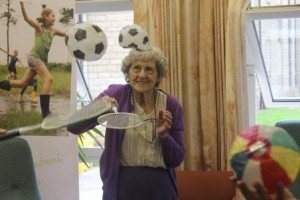 ave met many older people who are really positive role models and are staying active by going to local community based group exercise programmes. I wanted to do something to showcase how important these programmes are and challenge some of the more negative views of ageing which can sometimes be portrayed.
ave met many older people who are really positive role models and are staying active by going to local community based group exercise programmes. I wanted to do something to showcase how important these programmes are and challenge some of the more negative views of ageing which can sometimes be portrayed.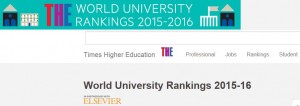

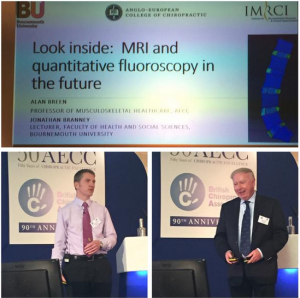
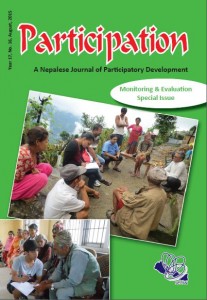



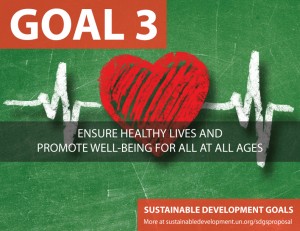
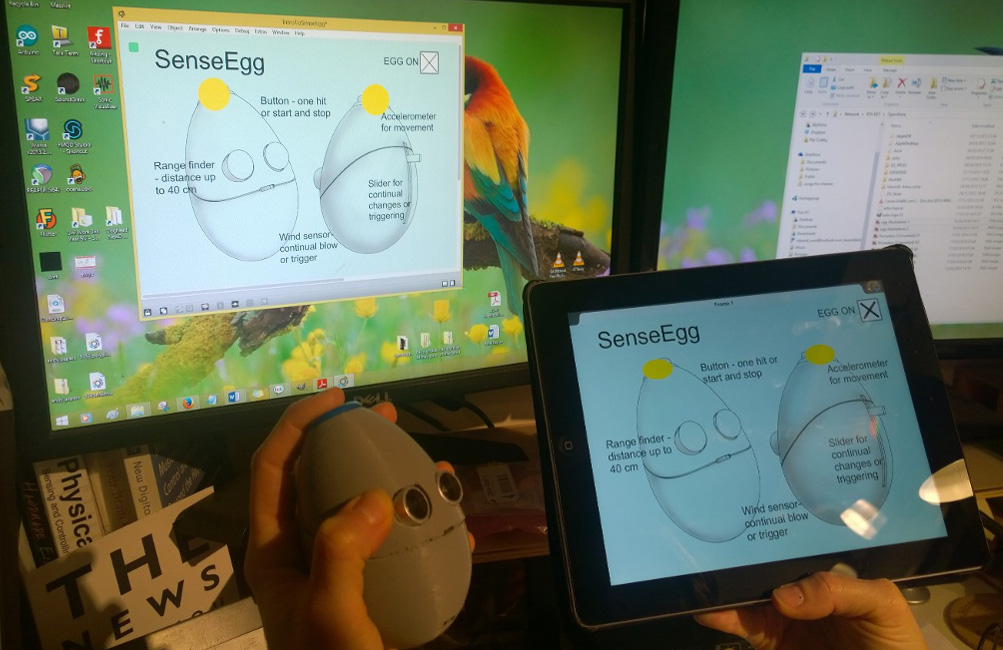
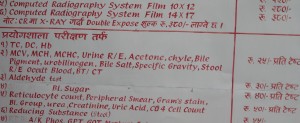
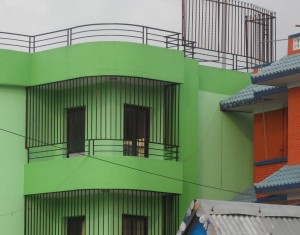
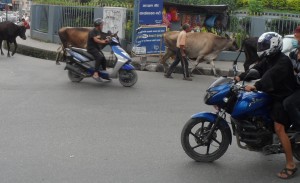 Today I attended a contract-signing meeting at the Department of Health, Physical and Population Education at Nepal’s oldest university, Tribhuvan University (TU).
Today I attended a contract-signing meeting at the Department of Health, Physical and Population Education at Nepal’s oldest university, Tribhuvan University (TU). Midwives (ANMs) about the key mental health issues in pregnancy and in the months after birth. A local charity Green Tara Nepal (GTN) will support the work through some of the curriculum design, sensitising UK volunteers to live in rural Nepal, assisting in translating, as well as helping to recruit the local health workers. The two UK universities have a long history of working with GTN as well as its sister organisation Green Tara Trust (GTT), a Buddhist charity based in London. The new project will be based in Nawalparasi in the sub-tropical part of the country bordering India. The target population consists of grassroot health care practitioners since there are no doctors in these rural villages.
Midwives (ANMs) about the key mental health issues in pregnancy and in the months after birth. A local charity Green Tara Nepal (GTN) will support the work through some of the curriculum design, sensitising UK volunteers to live in rural Nepal, assisting in translating, as well as helping to recruit the local health workers. The two UK universities have a long history of working with GTN as well as its sister organisation Green Tara Trust (GTT), a Buddhist charity based in London. The new project will be based in Nawalparasi in the sub-tropical part of the country bordering India. The target population consists of grassroot health care practitioners since there are no doctors in these rural villages.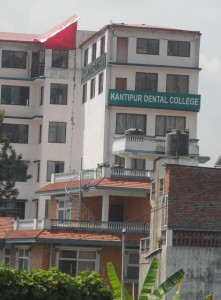
 2016 (15-16 Feb.).
2016 (15-16 Feb.).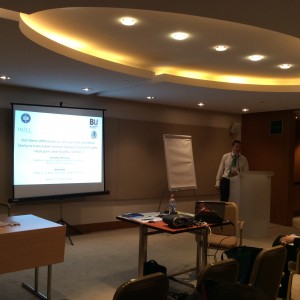




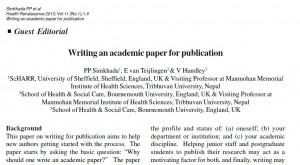

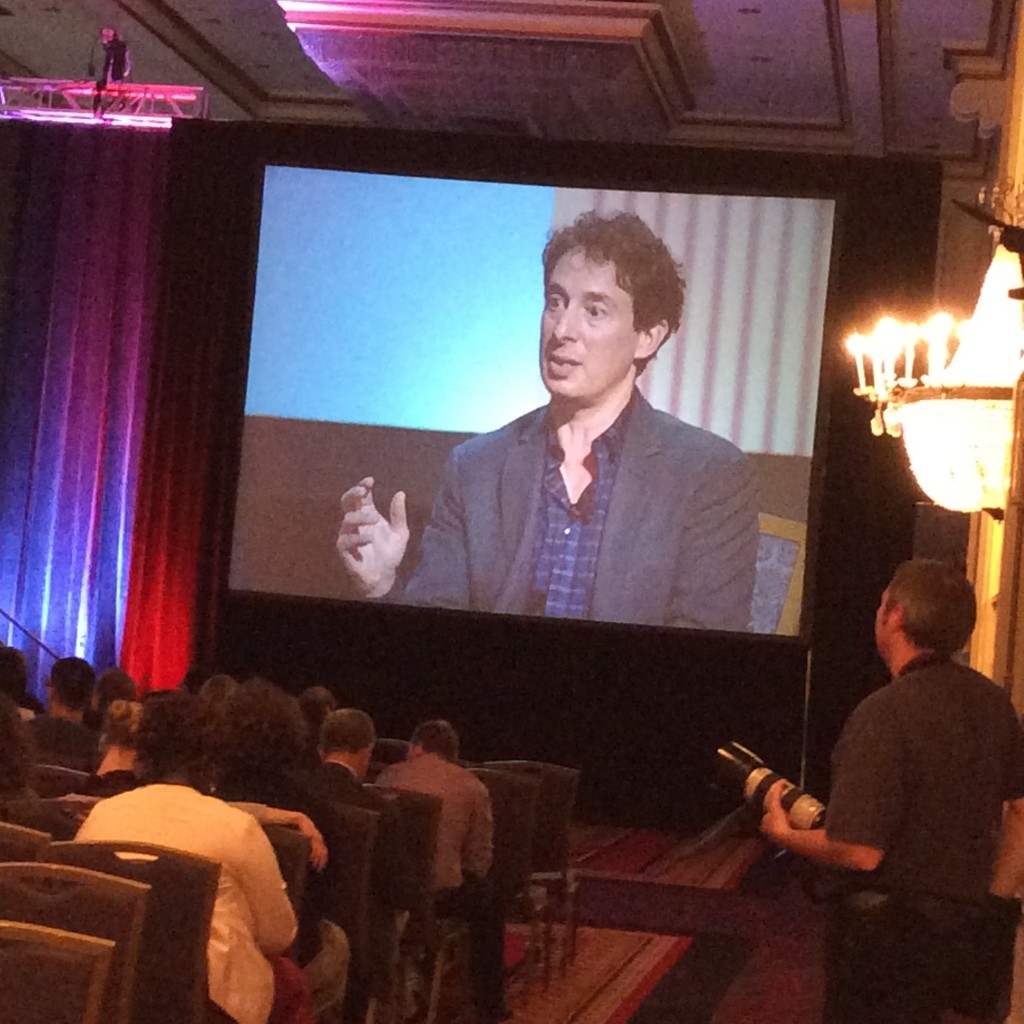


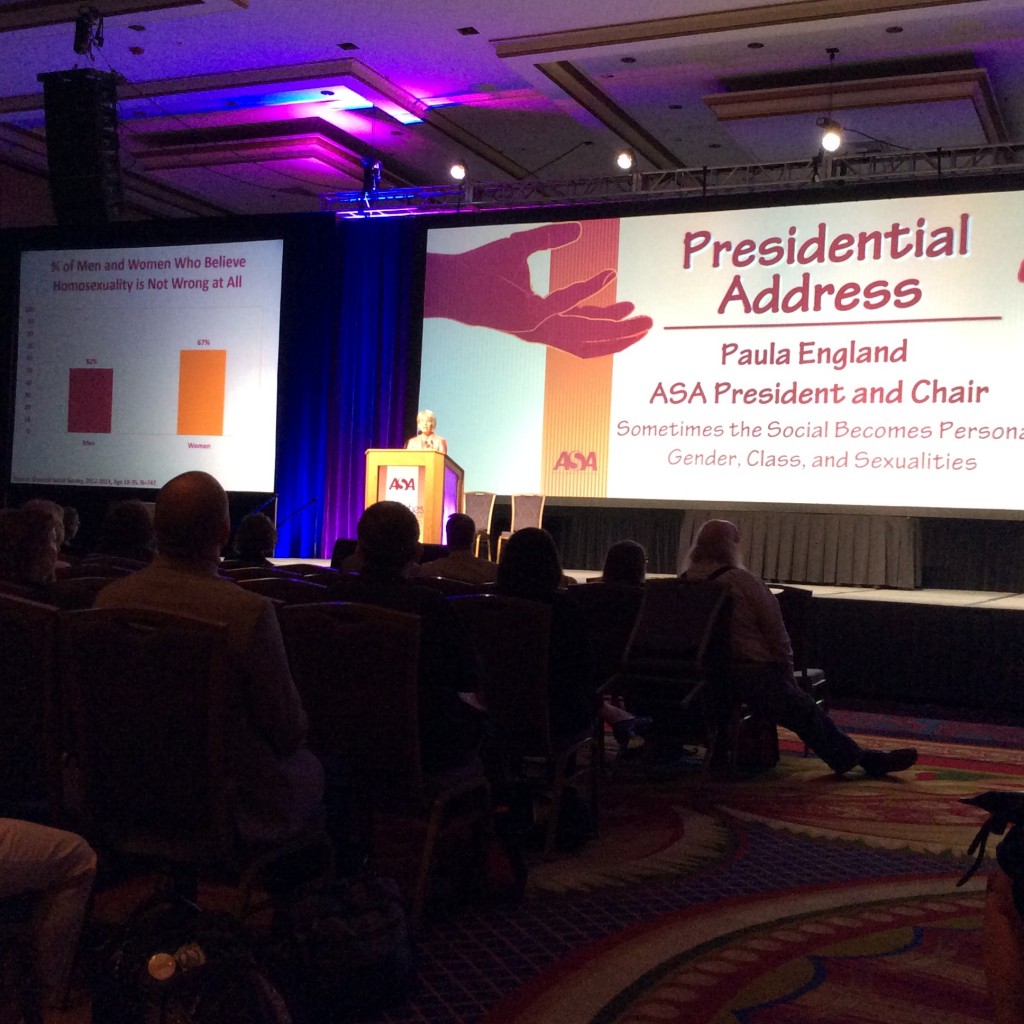
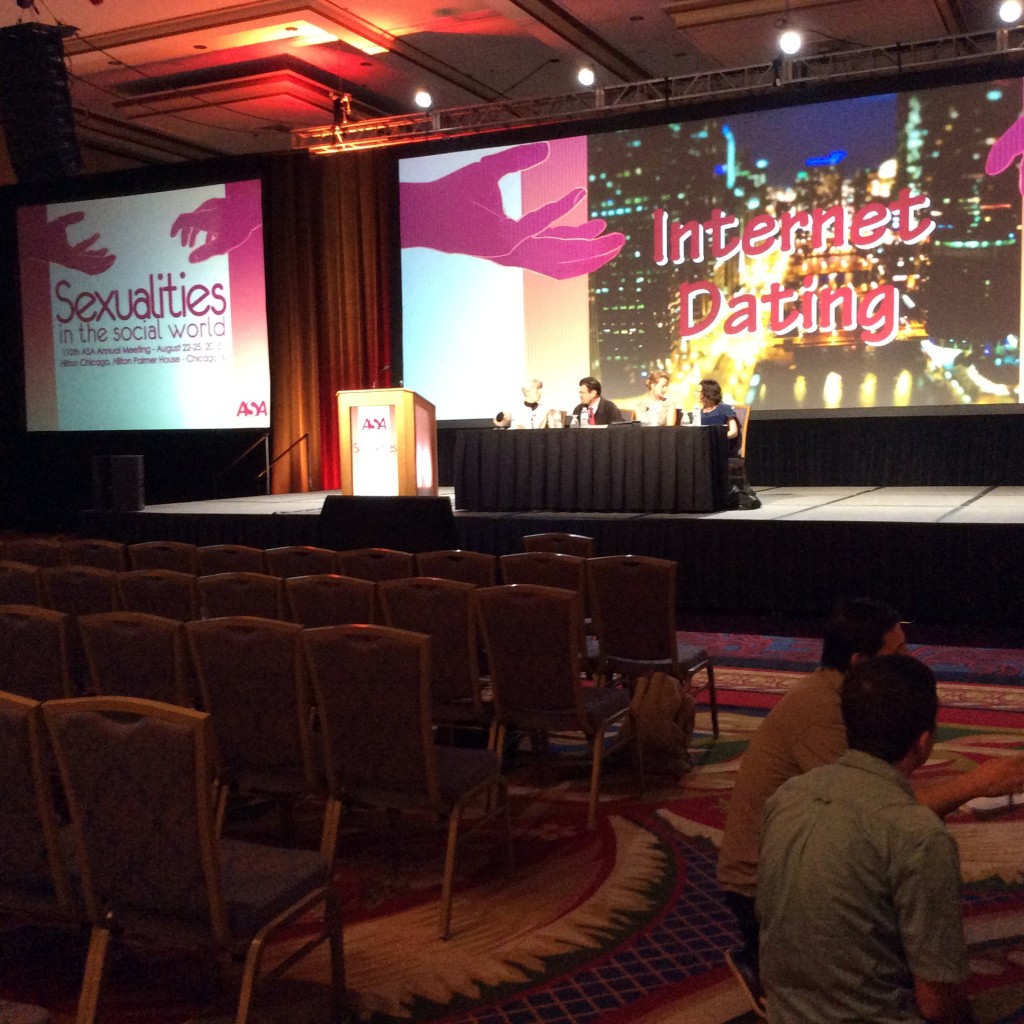
 Emily Rosenorn-Lanng Research Assistant
Emily Rosenorn-Lanng Research Assistant Rebecca Johnson Research Assistant
Rebecca Johnson Research Assistant![FullSizeRender[1]](http://www.ncpqsw.com/wp-content/uploads/2015/01/FullSizeRender1-150x150.jpg) Sarah Wincewicz Research Admin Assistant
Sarah Wincewicz Research Admin Assistant

 Thanks to Fusion Investment Funding, the developing Forensic Psychology group in SciTech will be working on an international project aimed at improving the UK’s management of child suspects of crime.
Thanks to Fusion Investment Funding, the developing Forensic Psychology group in SciTech will be working on an international project aimed at improving the UK’s management of child suspects of crime. Young offenders have been shown to have increasingly delayed neuro and socio-cognitive development in comparison to their non-offending peers, leading to deficits in inhibition, attention, time-perception, perspective-taking and interpersonal abilities (Al-Attar, 2010). These additional developmental delays mean that the established age-related difficulties experienced by children in interview are likely to be greatly exaggerated in suspects. Without additional precautions to account for these extended (but often well-hidden) difficulties, evidence from child suspect interviews can be inaccurate or misleading, resulting in the potential for serious miscarriages of justice. With a suspect’s testimony often being key to their own prosecution, its reliability as evidence is central to a fair trial – a basic human right.
Young offenders have been shown to have increasingly delayed neuro and socio-cognitive development in comparison to their non-offending peers, leading to deficits in inhibition, attention, time-perception, perspective-taking and interpersonal abilities (Al-Attar, 2010). These additional developmental delays mean that the established age-related difficulties experienced by children in interview are likely to be greatly exaggerated in suspects. Without additional precautions to account for these extended (but often well-hidden) difficulties, evidence from child suspect interviews can be inaccurate or misleading, resulting in the potential for serious miscarriages of justice. With a suspect’s testimony often being key to their own prosecution, its reliability as evidence is central to a fair trial – a basic human right.










 New CMWH paper on maternity care
New CMWH paper on maternity care From Sustainable Research to Sustainable Research Lives: Reflections from the SPROUT Network Event
From Sustainable Research to Sustainable Research Lives: Reflections from the SPROUT Network Event REF Code of Practice consultation is open!
REF Code of Practice consultation is open! ECR Funding Open Call: Research Culture & Community Grant – Apply now
ECR Funding Open Call: Research Culture & Community Grant – Apply now ECR Funding Open Call: Research Culture & Community Grant – Application Deadline Friday 12 December
ECR Funding Open Call: Research Culture & Community Grant – Application Deadline Friday 12 December MSCA Postdoctoral Fellowships 2025 Call
MSCA Postdoctoral Fellowships 2025 Call ERC Advanced Grant 2025 Webinar
ERC Advanced Grant 2025 Webinar Update on UKRO services
Update on UKRO services European research project exploring use of ‘virtual twins’ to better manage metabolic associated fatty liver disease
European research project exploring use of ‘virtual twins’ to better manage metabolic associated fatty liver disease